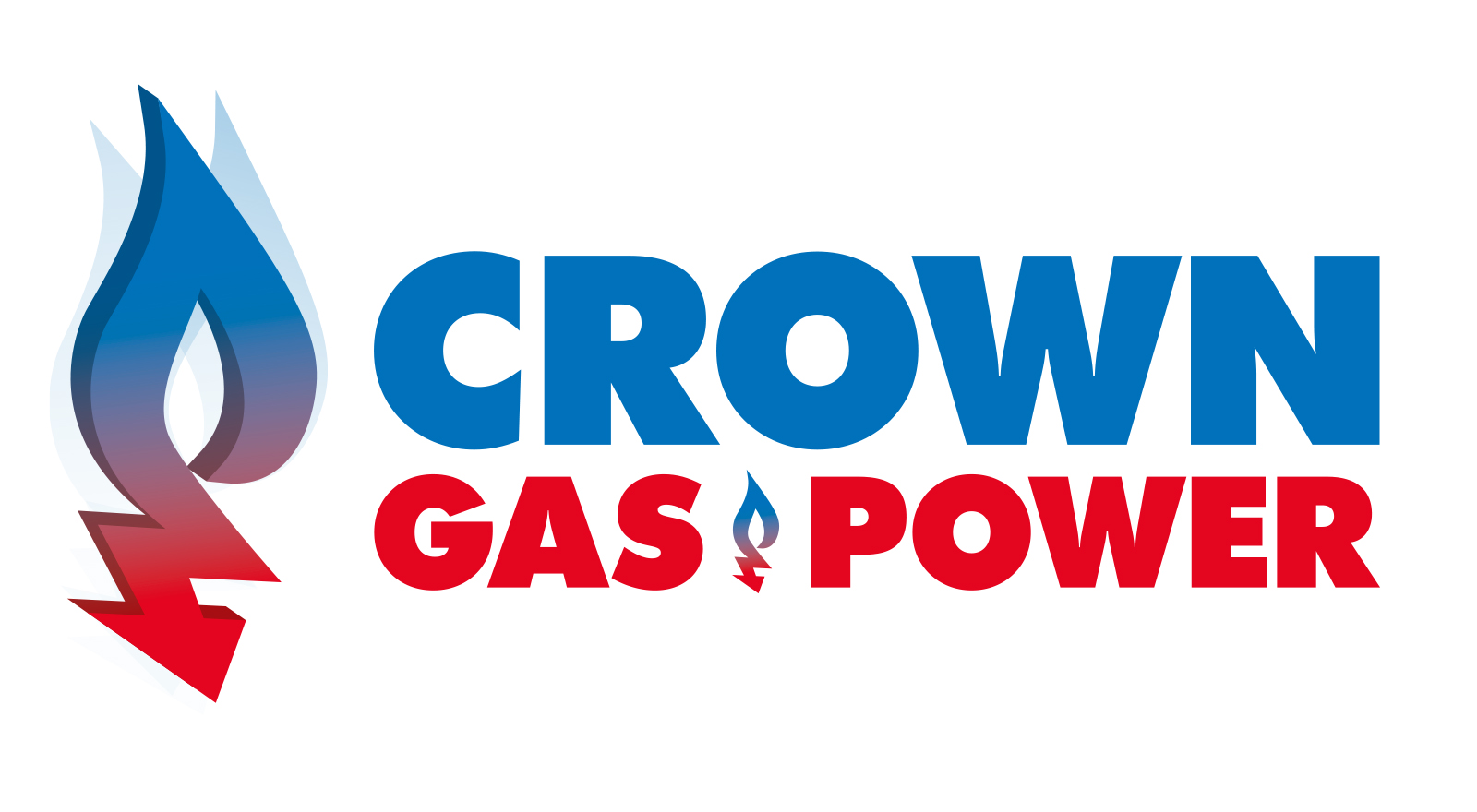The General Election
Ahead of the 4th July General Election, all the mainstream political parties have published their manifestos and we set out below their key energy policies.
The Labour Party used their manifesto to further promote their plans for a renewable energy company ‘Great British Energy,’ which will initially be funded by a temporary windfall tax on oil and gas companies. The publicly owned company aims to not only reduce bills but aid the UK in its drive to Net Zero. Keir Starmer confirmed that the company will not produce, or supply energy directly but rather act as an investment arm for private sectors to help finance low-carbon infrastructure such as wind farms and potentially nuclear reactors.
The Conservative party also committed to investing in green projects (as with Labour) but re-iterated the need for added security from non-renewable sources of energy, such as nuclear power to ensure continuous supply and secure supply on days when the weather is not as favourable.
Labour Energy Manifesto
Focused on planning reforms, energy security and infrastructure development.
- Decarbonise the electricity system by 2030.
- A new publicly owned energy company Great British Energy which will provide clean power.
- End de facto ban on onshore wind.
- Expand windfall tax on oil and gas producers from 75% to 78%.
- Extra £23.7 billion spent on green projects over the first term.
- No new oil and gas licenses
- Cut energy bills for small businesses.
Conservative Energy Manifesto
Focused on energy security and infrastructure development to reach the current Net Zero targets.
- Use gas power stations alongside the transition to renewables.
- Maintain the energy price cap.
- Keep windfall tax until 2028-29 or until energy prices fall.
- Invest an additional £1.1 billion in the Green Industries Growth Accelerator.
- Drive the UK to become a net exporter of electricity.
- Ensuring green levies on household bills are lower and prevent the creation of additional green levies.
Cooling-off Period, TPI Regulation and REC Change of Tenancy Progress
The election resulted in a memorandum within Ofgem, delaying the start of their work on various items including the topic of introducing cooling-off periods for certain businesses. This work comes off the back of the non-domestic market review which briefly mentioned that Ofgem would revisit cooling-off following a number of complaints received from Micro business consumers.
Other work that has been delayed due to the election is the consultation regarding the sectoral regulation of Third-Party Intermediaries (TPIs) (including Brokers, Pricing comparison websites and energy switching services). The Department of Energy Security and Net-Zero (DESNZ) published their policy paper, ‘Putting Consumers First: empowering and protecting energy consumers’ in May detailing their intention to publish a consultation on regulating TPIs in the energy. The consultation will aim aim promote good practices and transparency around prices as well as ensure that all TPIs are working to a high standard.
Currently, the Retail Energy Code (REC) has created a Code of Practice for TPIs and are taking further action to make the code mandatory. More information can be found here: TPI CoP
On a separate topic, the REC continue to focus on improving the Change of Tenancy (CoT) process following a modification which was submitted in January 2024. Today the CoT review is undergoing solution development with analysis continuing until the 28th of June 2024. The REC has proposed a 20-working say Service Level Agreement (SLA) to help improve the efficiency of the CoT process while reducing the likelihood of customer detriment for the incoming tenants.
Nuclear RAB
The Nuclear Regulated Asset Base (RAB) was initially introduced in 2023 to help fund nuclear energy generation projects. The RAB framework will act in a similar fashion to the existing Contracts for Difference scheme (CfDs), and costs will be recovered by electricity suppliers.
EII Industry Supercharger
The scheme will increase the level of exemptions for large businesses in Energy Intensive Industries (EIIs). EII’s will be exempt from the multiple schemes, including Renewable Obligations, Feed-in-Tariffs, Contracts for Difference, and the Nuclear RAB scheme.
The increased exemption level came into place in April 2024 for EIIs. Similar to the RAB, the cost of the scheme is borne by electricity suppliers who are expected to make payments from April 2025.
Non-domestic Market Review Update
Ofgem published its decision for its non-domestic market review in April 2024, and in July 2024 the first changes will take effect. The Standard Licence Conditions (SLCs) will be updated to reflect the widening of the standards of conduct which will apply to all non-domestic consumers, not just micro business consumers.
The requirement to signpost micro business consumers to Citizens Advice (and Citizens Advice Scotland) also comes into effect on the 1st of July. This aims to increase non-domestic customers’ awareness of the support Citizens Advice can provide.
The remainder of the changes involve Small Business Consumers and will be implemented any time from the 1st of December however, Ofgem will give 3 months’ notice as to when the changes can be expected to take place.
For a more in-depth analysis of the non-domestic market review can be found here: NDMR Decision
 My Account
My Account  My Account
My Account 



